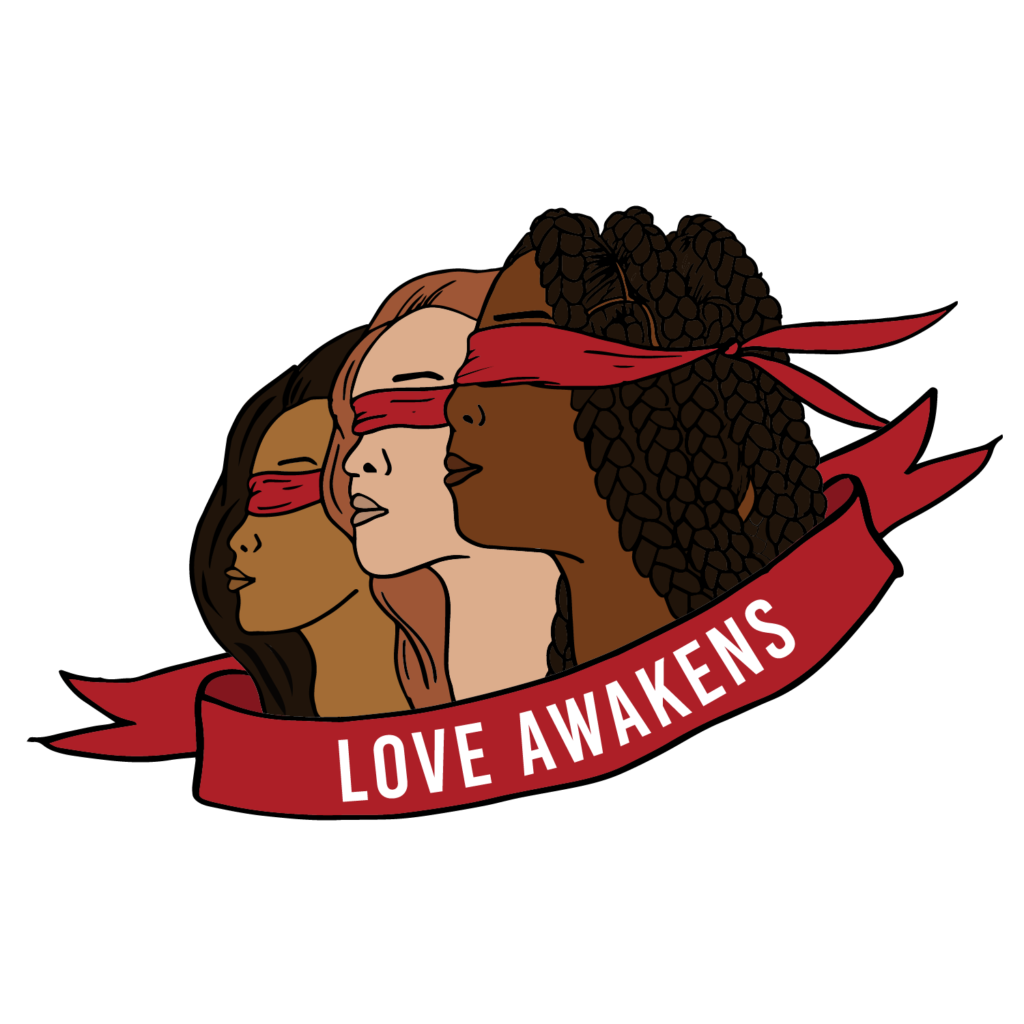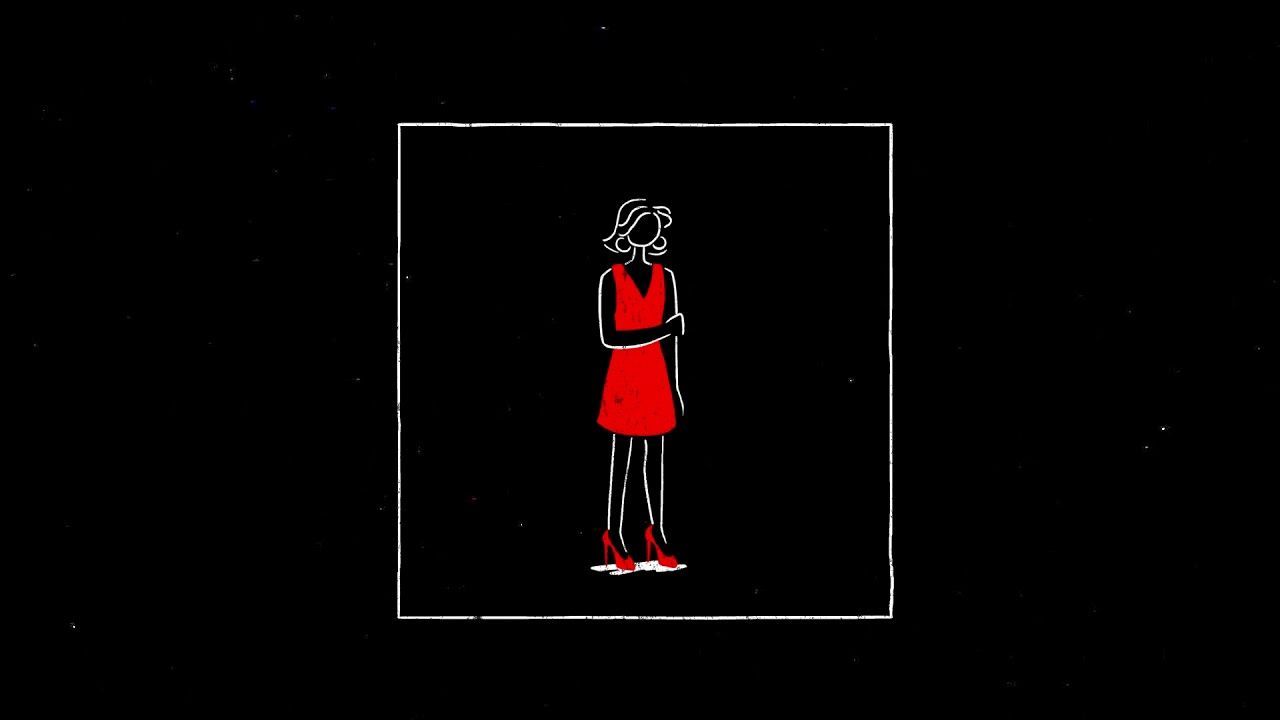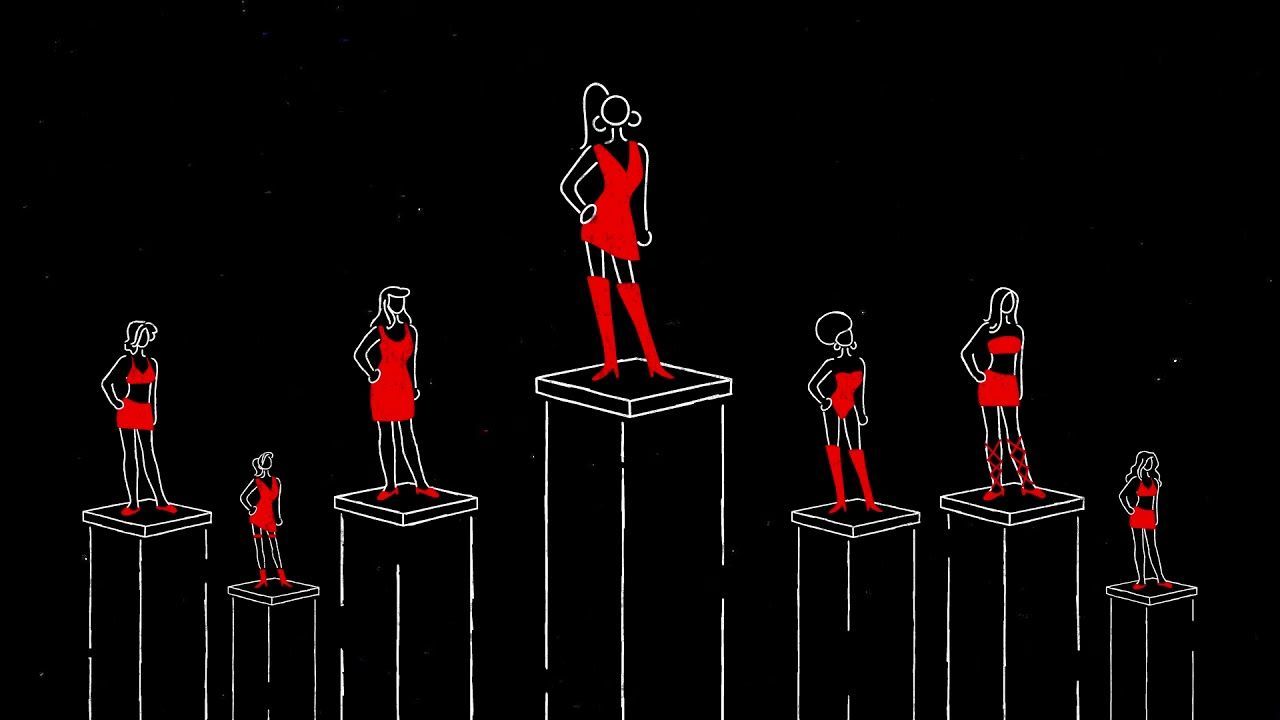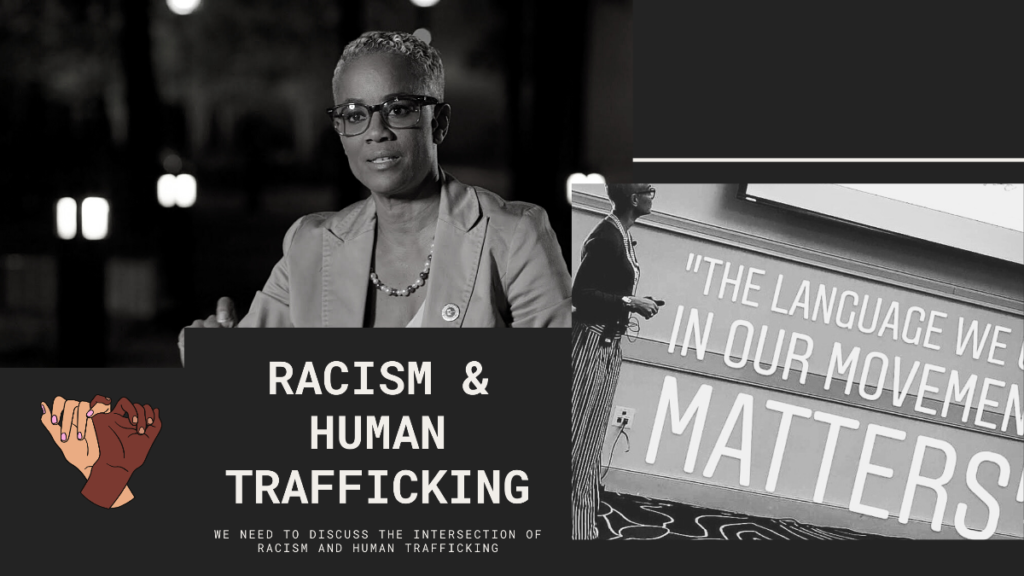What Does All This Mean? Series
Article Two: What Exactly Is Coercion And Why Does It Seem To Be Working?
By Shontell Brewer
It seems every time we open our internet browser we find a news article about someone new being arrested for human trafficking and abuse. Billionaire Jeffrey Epstein who was accused of hiring minors as masseuses and other roles, 308 unnamed offenders responsible for sexually abusing children online, attorney Alan Dershowitz accused of partaking in Epstein’s parties and bad mouthing victims, Gigi Mitchell who trafficked an 11-year-old in Las Vegas, and R. Kelly who is facing charges on child pornography and trafficking, to name a few in the last several weeks. We recently gave you the introduction to this series that will unveil a deeper understanding of these current cases. This week, we are working to explain some of the terminology found in the laws and used by the courts that surround these news events.

One of the buzz words in these trafficking cases is “coercion.” I want to explain what it means and why accused parties seem to throw that word around like it’s a leg to stand on.
Essentially, these traffickers and abusers are using the age old “I didn’t do it” defense. They don’t mean they didn’t commit the crime. There’s been a little too much evidence for them to claim that. What they mean is, “I didn’t coerce her. She wanted it.”
There’s just one big problem with this argument.
If you pay money for sex, it’s coercion.
If you offer food to a starving person in exchange for sex, it’s coercion.
If you pay rent for or give a home to a homeless runaway in exchange for sex, it’s coercion.
If you threaten harm to someone or their family unless that person has sex with you, it’s coercion.
If you are a billionaire and you have your assistant collect some women and children and have them waiting at your house to massage you and do other things in exchange for money, it’s coercion (and sexual assault in the case of the child.)
If you are a belligerent attorney who has defended some of the worst rapist and abusers, and you hire a girl to massage you in exchange for money and her reputation, it’s coercion.
If you offer anything on Maslow’s hierarchy of needs to someone who is lacking that thing in exchange for sex, it’s coercion.
These things alone are not a problem. But they become damaging when a person is told, “You can have this (fill in the blank item) if you have sex with me/him.”
So saying, “I won’t pay you money/give you food/keep you safe unless you give me sex in return” is clearly coercion. Why does anyone seem to be falling for coercive tactics? This strategy works because traffickers focus on vulnerability in people. People like Epstein and his cronies know that they have very little to be worried about as long as they pick the right girls.
It’s easy to see why someone would agree to sell themselves for sex when we use this lens. If you’re literally starving, what you will do for food comes with the desperation of being fed. It’s even easier to understand why so many women agree to any of this when we realize saying no means going without having that need met and often threats of violence toward them or their family members.
This understanding is the cultural shift you can help bring about. As you speak about these cases at the water cooler and on back porches over dinner, take this new understanding of coercion and pass it along. Speak to the men, women, and children who are marginalized and help them move from unseen and vulnerable to seen, heard, and safe. When the opportunities present themselves, vote to increase the penalty for pedophiles when they buy a child for sex. Use your vote to bring healthy change and protection for the vulnerable.
Speak to the men, women, and children who are marginalized and help them move from unseen and vulnerable to seen, heard, and safe.
Bringing light and understanding to the idea of what coercion is and why it’s not a justification for the behaviors we are seeing in the news is the best form of partnership you can make with us right now. Teaching others in your circles gives us the reach we do not have on our own.
Looking for more ways to get involved? Contact us at AwakenReno.org
The post What Does All This Mean? Series appeared first on Awaken.
Thanks for reading!
Please consider donating to help us continue to make a difference.










